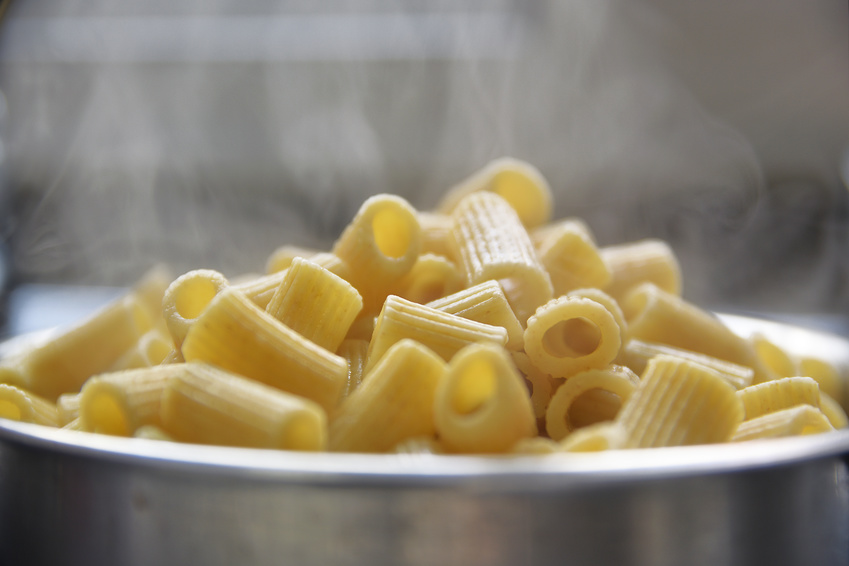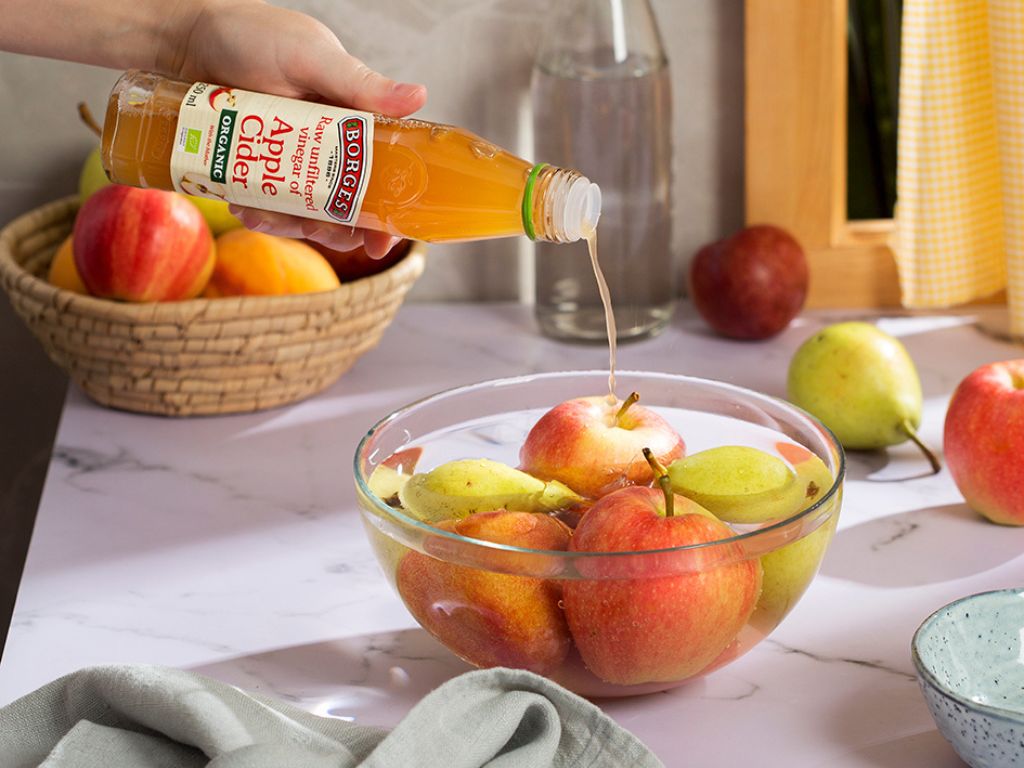Cooking perfect pasta isn’t anything like as simple as you might think. There is a whole series of things to bear in mind if you want perfect pasta al dente in true Italian style.
1. Stick to the cooking time. It’s all too easy to overestimate your own ability to make a rough and ready guess as to how long to give the pasta. Bad mistake. Stick religiously to the recommended cooking time, watch in hand. You don’t want raw pasta any more than you want overcooked pasta. Once you overcook pasta, it starts to release starch, which is fattening, since it creates a sugar spike that turns straight into fat.
2. Don’t add olive oil to the water. This widespread old habit has no basis in fact. All you need is 1 litre of water for every 100 g of pasta. Nothing else. The belief that adding olive oil makes pasta more tasty and stops it sticking together is totally false. Olive oil has plenty of excellent uses, but this isn’t one of them.
3. Don’t wash pasta. The only thing putting pasta in a colander under the tap achieves is to wash away some of the flavour of your favourite spaghetti, fusilli or the like and make it cold. There’s only one case in which you should wash pasta: if you’re making a pasta salad and are in a hurry, although it’s best left to cool on its own so it doesn’t lose any flavour.
4. Don’t add salt before the water boils. This simply slows down the boiling process, wasting time and energy. Add the salt just when it comes to the boil. The same goes for pasta: never add it before the water boils.
5. Don’t reheat pasta. If you’re going to eat pasta the following day, it’s best served cold, as it loses lots of its flavour when reheated. This is true for all pasta dishes except those baked in the oven: cannelloni and lasagne.
6. No bread in sight. Although you’re perfectly free to eat pasta however you like, no respectable Italian would dream of mopping up a pasta dish with bread, no matter how delicious the Bolognese sauce left on their plate might be. Some will say that such rules are there to be broken, and there’s no reason why you shouldn’t finish off a delicious pasta carbonara with a hunk of bread. They may well be right, but rules are rules all the same.
7. Use your common sense when it comes to sauces. Delicate pastas like spaghetti go well with lighter, runnier sauces that cover the pasta completely, as in classic recipes such as pasta all’aglio e olio and even pasta carbonara. Ribbon-style pastas are perfect for handling thicker, more strongly flavoured sauces. Classic fusilli and penne are highly versatile pastas that work well with light vegetable sauces and stronger meat and fish ones—so make sure you’ve always got some fusilli and penne in your kitchen cupboard. Finally, visually appealing, nifty farfalle are best used with simple sauces, although they also work well in cold salads with raw vegetables and a good vinaigrette.


